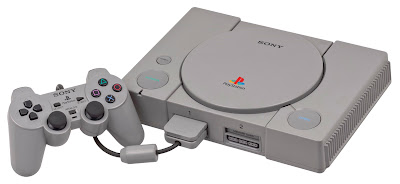Unit 13: Understanding the games industry: Contracts Of Employment
Contracts
A contract is a legal agreement between an employer and an employee, in a games design job you can be expected to work at least 35 hours per week. If it is in the contract you can still get paid whilst you are sick.
Contracts are renegotiable depending on the job you have and the contract terms. you find out your weekly pay the holidays you have each year and the hours they expect you to work, religious holidays may also be aloud. Females also will get time off if they are pregnant and will be paid during this period. In the games industry you may be forced into working overtime if they feel it is needed.
Employment Contracts
There are many details inside which may differ with each job it shows all the bonuses and insurance you get. It shows retirement bonuses when you retire which includes a payment package with the sum being higher the amount you've worked there. If injured at work it says what you would get from the company.
Within the contract there will also most likely be a confidentiality clause so that you cannot discuss the game or anything you are working on whilst at the company, if you do violate these terms and get discovered about it you will get fired from the job and most likely sued by the company for violating there terms.
License Agreements
License agreements are applied when the game is based off a film, book or TV series. this discusses things such as the storyline characters and title so they can use it for the game. The contract can be cancelled or you may even get sued if you use something without specifying it this would cause major problems and could end production of the game.
This includes discussing how much it will cost for the rights to the product and usually it is paid first. If the game is a successes there will most likely insure they receive more money.
Collaboration Agreements
Recently small companies are building indie or hobby games. The majority of indie and hobby games tend to fail in someway due to the ownership and how much they can expose the game to try and get it to be a success but if it does fail they need to make sure they know who is going to get what. Using a collaboration agreement it sets in motion how the entire project is controlled throughout the creation process and the games life cycle if it is made. It also states clearly who owns the IP, how the game is intended to be used within development and how its going to be released as well as how any possible income is going to be handled within the owners of the project.
NDAs and Confidentiality agreements
NDAs are non disclosure agreements used by a lot of gaming companies this is when you don't want it to be known what you are doing keeping certain secrets confidential with people not being allowed to disclose this information and will be prosecuted if they break this contract. This will be signed by employees and if they do break it will most likely be fired and fined for the damage done to the image of the business releasing confidential information whilst unauthorised to do so.




















